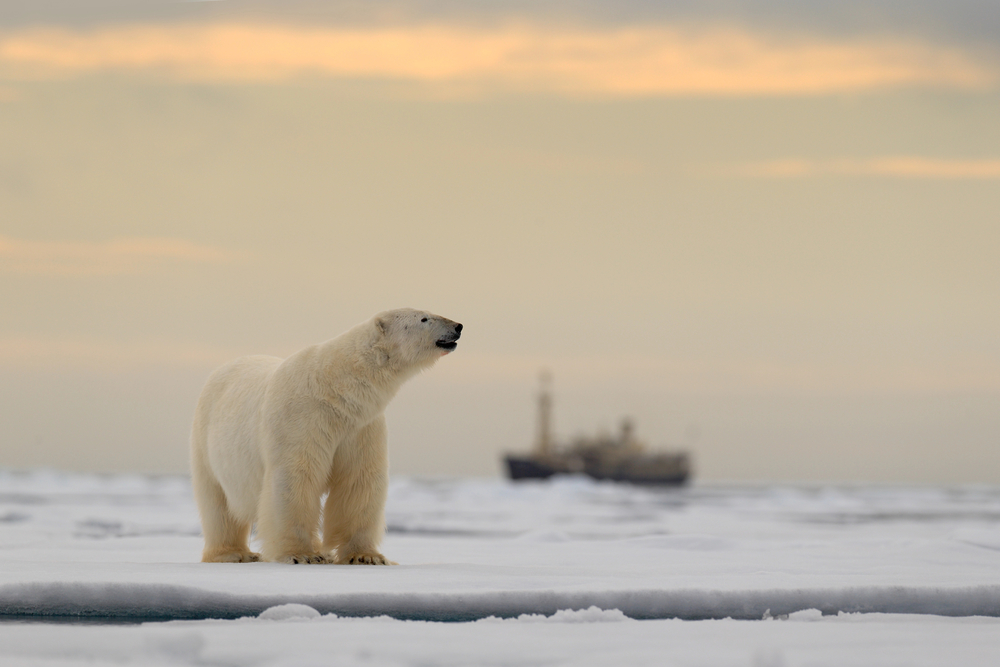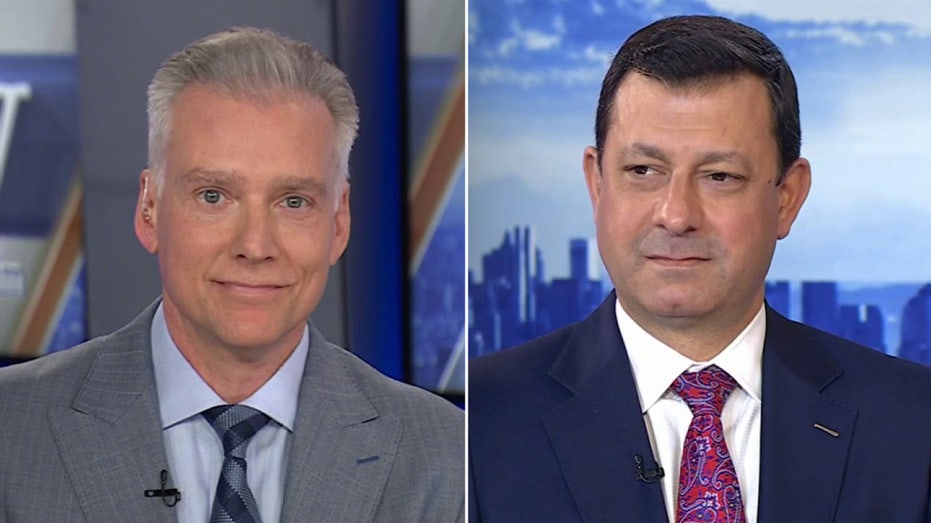UN: Russia intensifies attacks on Ukraine’s energy facilities, worsening humanitarian conditions
UNITED NATIONS (AP) — Intensifying Russian attacks on Ukraine’s energy facilities are worsening humanitarian conditions across the war-torn country, where heavy snow and freezing temperatures have already arrived, U.N. officials said Wednesday.Assistant Secretary-General Miroslav Jenca told the U.N. Security Council that Russia’s continuing daily attacks on Ukraine’s critical civilian infrastructure have resulted in civilian casualties, and Moscow recently escalated its barrages in populated areas including the capital, Kyiv.“All attacks against civilians and civilian infrastructure must stop immediately,” he said. “They are prohibited under international humanitarian law and are simply unacceptable.” Jenca also raised the risks to all four of Ukraine’s nuclear power plants. The Zaporizhzhia plant, which is Europe’s largest, suffered its eighth complete off-site power outage since the invasion on Saturday, according to the International Atomic Energy Agency, Jenca said. And IAEA staff at the Khmelnitsky plant in western Ukraine reported hearing several explosions close by on Nov. 29. Ramesh Rajasingham, the U.N. humanitarian coordinator, told the council “the deaths, injuries and level of destruction of vital civilian infrastructure is staggering.”“Many people have been left without access to heat, electricity and water, particularly in the east and south,” he said. “Amid freezing temperatures, this damage is particularly threatening the survival of the most vulnerable — among them the elderly and those with disabilities.”After more than 21 months of fighting since Russia’s invasion of Ukraine in February 2022, Rajasingham said, “millions of children, women and men are now faced with the prospect of yet another winter of severe hardship amid the impact of increased attacks on hospitals, electricity transmission systems, and gas and water supplies.” U.S. deputy ambassador Robert Wood reminded the council that last winter “Russia sought to destroy Ukraine’s energy infrastructure and deprive people of heat and electricity at the coldest time of the year.”The United States expects Russia to try again this winter, he said, noting that it has already carried out air strikes “that appear to target defensive systems put in place to protect energy infrastructure.”Russia’s deputy U.N. ambassador Dmitry Polyansky accused Western nations of calling the council meeting on the humanitarian situation in Ukraine without anything extraordinary happening in order “to spew anti-Russian invective.”
UNITED NATIONS (AP) — Intensifying Russian attacks on Ukraine’s energy facilities are worsening humanitarian conditions across the war-torn country, where heavy snow and freezing temperatures have already arrived, U.N. officials said Wednesday.
Assistant Secretary-General Miroslav Jenca told the U.N. Security Council that Russia’s continuing daily attacks on Ukraine’s critical civilian infrastructure have resulted in civilian casualties, and Moscow recently escalated its barrages in populated areas including the capital, Kyiv.
“All attacks against civilians and civilian infrastructure must stop immediately,” he said. “They are prohibited under international humanitarian law and are simply unacceptable.”
Jenca also raised the risks to all four of Ukraine’s nuclear power plants.
The Zaporizhzhia plant, which is Europe’s largest, suffered its eighth complete off-site power outage since the invasion on Saturday, according to the International Atomic Energy Agency, Jenca said. And IAEA staff at the Khmelnitsky plant in western Ukraine reported hearing several explosions close by on Nov. 29.
Ramesh Rajasingham, the U.N. humanitarian coordinator, told the council “the deaths, injuries and level of destruction of vital civilian infrastructure is staggering.”
“Many people have been left without access to heat, electricity and water, particularly in the east and south,” he said. “Amid freezing temperatures, this damage is particularly threatening the survival of the most vulnerable — among them the elderly and those with disabilities.”
After more than 21 months of fighting since Russia’s invasion of Ukraine in February 2022, Rajasingham said, “millions of children, women and men are now faced with the prospect of yet another winter of severe hardship amid the impact of increased attacks on hospitals, electricity transmission systems, and gas and water supplies.”
U.S. deputy ambassador Robert Wood reminded the council that last winter “Russia sought to destroy Ukraine’s energy infrastructure and deprive people of heat and electricity at the coldest time of the year.”
The United States expects Russia to try again this winter, he said, noting that it has already carried out air strikes “that appear to target defensive systems put in place to protect energy infrastructure.”
Russia’s deputy U.N. ambassador Dmitry Polyansky accused Western nations of calling the council meeting on the humanitarian situation in Ukraine without anything extraordinary happening in order “to spew anti-Russian invective.”



